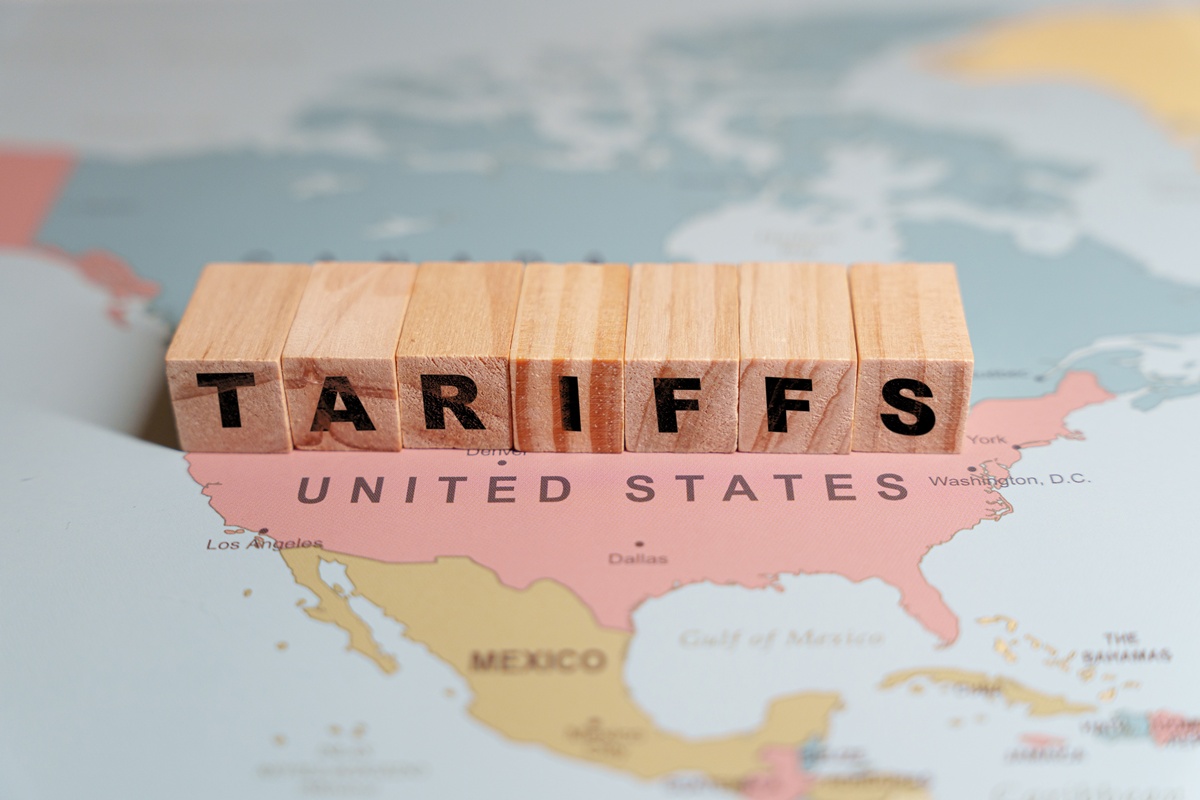May 05, 2025
Americans cut back on spending as tariffs fuel a new age of caution

From cutting second vacations to skipping the wine with dinner, American consumers are drawing a harder line on spending, and it’s not just inflation fatigue. According to the KPMG’s Consumer Pulse Summer 2025 report, economic anxiety is no longer a headline; it’s a daily filter for how people spend, save, and even define wellness.
In a survey of more than 1,500 U.S. consumers, nearly 4 in 10 report a decline in household income, nearly double the rate from last year. Over 70% expect a recession in the next 12 months.
Tariffs’ impact fueling recession fears
With new tariffs looming, 79% of consumers expect another round of price hikes, particularly in groceries, electronics, and apparel. More than half blame tariffs directly for rising prices, and they’re adjusting behaviour fast: 50% are slashing purchases, and nearly as many are chasing deals with renewed vigour.
Spending cuts span nearly every category. Thrift apparel is quietly trending, with women driving a 2% uptick. Fast food visits have surged 26%, a clear jump from the 38% drop in casual dining. What used to be about indulgence is now about efficiency.
Americans are also cutting down on summer vacations. While 58% still plan to travel, the average spend per trip is down 7%. One meaningful trip is replacing multiple getaways. And with 62% opting to stay within the U.S., the idea of “escaping it all” has become more about convenience than luxury.
Wellness stays, but looks different
Wellness hasn’t been cancelled, but it’s evolving. Fitness remains top of mind across age groups. Mental health is still a priority for Millennials and Gen Z, but less so for Boomers. And in an unexpected cultural pivot, 38% of consumers, particularly younger ones, are drinking less. GLP-1 medications like Ozempic are quietly becoming part of the equation, with 9% currently using them and another 6% planning to start.
Nearly one-third now shop direct-to-consumer for basics like personal care and food, prioritising speed, security, and easy returns. But trust remains a sticking point: 56% say online ads don’t influence them, and nearly half are uncomfortable with companies using generative AI to analyze their data.
It’s not just Americans who are affected and concerned about tariffs; UK business leaders are also bracing for impact, with more than a third (37%) of UK business leaders expecting to feel the effects.



